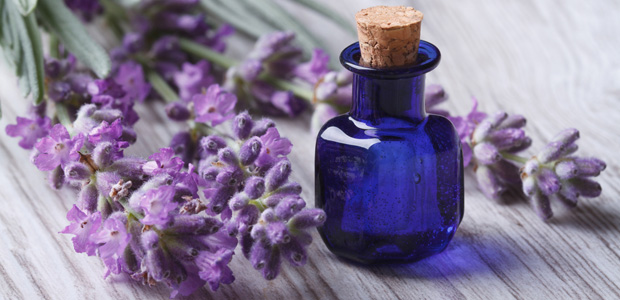Advertisement
Aromatherapy 101
We’re all familiar with the power of scent, whether we’ve thought about it or not. Close your eyes and think about a trip to the beach, or a warm pie straight from the oven—our sense of smell is tied to memory, feelings, and even our well-being. Enter aromatherapy, the science and art of using scent … Continued

We’re all familiar with the power of scent, whether we’ve thought about it or not. Close your eyes and think about a trip to the beach, or a warm pie straight from the oven—our sense of smell is tied to memory, feelings, and even our well-being.
Enter aromatherapy, the science and art of using scent for our health. And anyone can benefit from it! Natural essential oils can help us relax and de-stress, boost our energy, bring us serenity, and even help us fall asleep.
Why choose natural?
The first important thing to know about aromatherapy is that not all scents are created equally. Pure essential oils are derived from natural sources, like flowers or herbs, and have no chemical additives. However, many synthetic scented candles, air fresheners, and fabric sprays contain chemicals that are thought to pollute the air and contribute to health problems, from allergies and asthma to cancer. Always make sure that you choose only natural, pure essential oils.
Scent spotlight
Not sure which scent to try? Here are a few popular favourites and their attributes.
- Citrus (lemon, sweet orange): invigorating and uplifting, bright and cheery
- Lavender: calming and relaxing
- Mint: refreshing and energy boosting
- Cedar: grounding and earthy
- Rose: stabilizing and classic
- Sandalwood: inspiring and woodsy
- Jasmine: radiant and exotic
Getting started
A quick trip to your natural health retailer will get you all of the tools (such as room diffusers) and information you’ll need to get started.
Keep in mind that essential oils can be powerful!
- You’ll want to choose a carrier oil (such as sweet almond oil or jojoba oil), as essential oils can be too powerful to use undiluted.
- If you have a health condition or are pregnant, you’ll want to check with your health care practitioner before using them.
- You might also want to refrain from using strong scents in public places, as some people can be sensitive to scents—natural or not.





